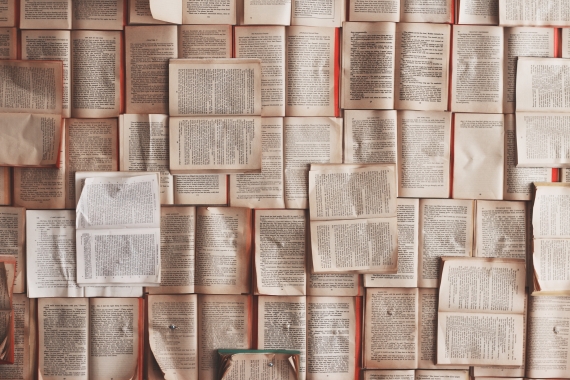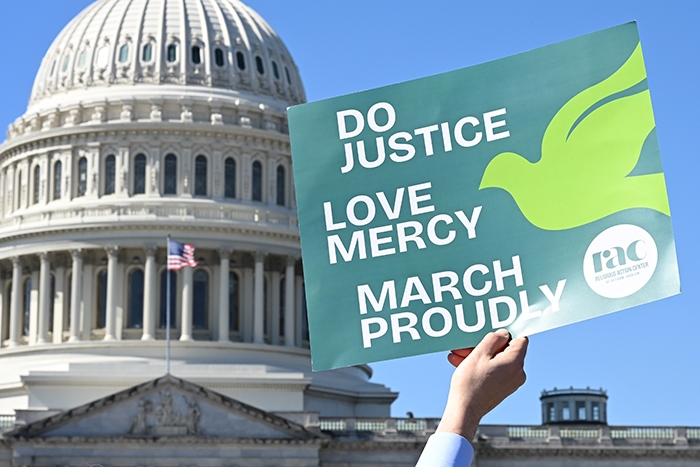In the wake of September 11, 2001, the sense of American and global security altered profoundly. The world has had to consider the potential new threats posed by nuclear weapons, particularly in the hands of terrorists.
Now, the United States faces the issue of the development of new nuclear powers, such as Iran, as well as the risk that unguarded weapons could get into the wrong hands and be used by non-state actors in an act of terrorism.
Most international experts believe that there are more than 40 nations with the capability to build or purchase nuclear military technology. According to the UCS, the world’s supply of nuclear weapons is around 25,000, and most of these would explode with a force roughly 8 to 100 times larger than the those dropped on Hiroshima and Nagasaki.
The United States and Russia each have more than 7,000 nuclear warheads combined, many of which are still aimed at each other that can be fired in as little as three minutes. This makes up more than 96 percent of the world’s total deployed warheads. A false alarm or small mistake can put us on the brink of nuclear war. In the former Soviet Union, materials for tens of thousands of nuclear weapons are moved around by civilian nuclear industries and get left in poorly secured facilities, intensifying the risk of nuclear terrorism.
Jewish Values
As Jews we have always been firmly committed to the belief that nations must "beat their swords into plowshares" and that people must act toward one another in a spirit of kindness and humanity. Moreover, we recognize our unique role as active participants in bringing about this era of peace and harmony. We must seek peace and pursue it (Psalms 34:15). As a result, the Reform Jewish Movement has long advocated policies designed to curb the loss of life resulting from armed conflicts.
Reform Judaism's Resolutions on Arms Control
Learn more about the position of the Reform Movement on these key issues, and read the formal resolutions by URJ and CCAR.

